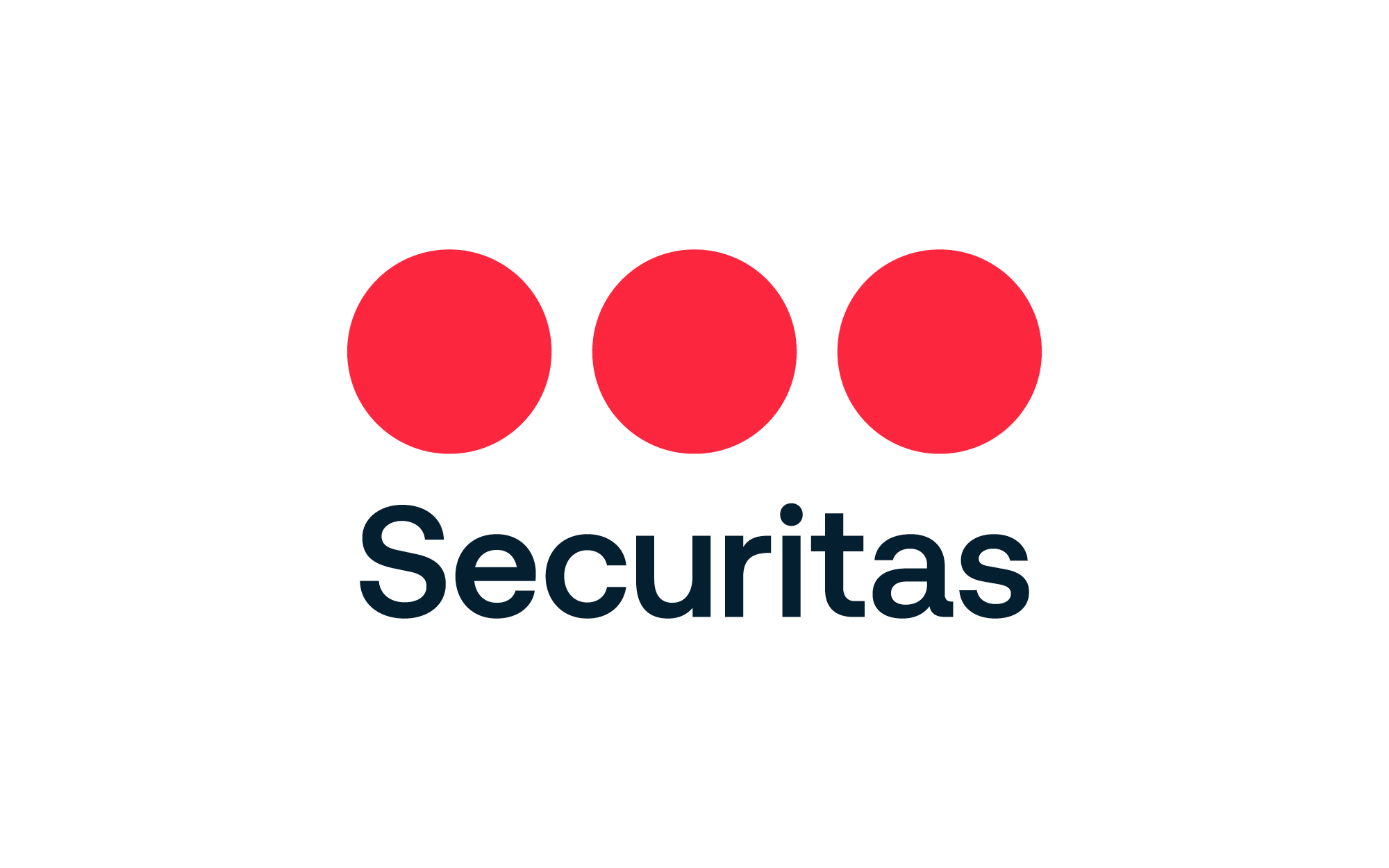
Talent Development Program
Just as “talent” is not a very precise term, a talent development program can involve many different concepts. And the larger the organization, the more complex a talent development program will be. The challenge for businesses is to stay focused on bringing out the best in every staff member despite diverse L&D needs.
What Is a Talent Development Program?
A talent development program is the implementation of a talent development initiative. In other words, this program will cover topics like:
Within these categories, there are many L&D areas, including mindfulness, adaptability, communication, innovation, team focus, and accountability.
Why Is Talent Development Important?
According to McKinsey, HR teams (and companies in general) should follow the concept of “Talent + Productivity = Value”. Considering that shareholder value is often seen as the most important goal of any company, “companies that put talent at the center of their business strategy realize higher total shareholder returns than their competitors”.
Through talent development, organizations can turn around the various problems that occur when there are wide skill gaps, employee engagement rates are low, employees lack productivity, and attrition rates are high.
How to Create a Talent Development Program
A talent development program strategy follows a number of steps:
1. Identify candidates for talent development opportunities
One approach is to rely on performance reports, manager and employee recommendations, HR interviews, and other methods to identify talented individuals. Another way is to recognize the talents possessed by each person in the team, department, organization, etc. In this way, a company can make the most of existing staff members and enjoy the higher retention rates associated with professional development programs.
2. Connect company requirements with goals
This phase requires the participation of many organizational levels. Priorities must be set regarding the talent needs of the company. For instance, is it more important to focus on leadership skills for a planned strategic expansion, or on communication skills to improve customer service? The ideal tool for this process is a skills gap analysis. Once needs are ranked, a set of goals and benchmarks must be set so that stakeholders can assess progress during and after the L&D program, and to measure the quality of instruction.
3. Link specific people with a specific talent development plan
After the ‘identify candidates’ phase, the organization should have a good idea of which individuals show the most promise in certain areas, and these people should be assigned to the relevant employee development program. Using the example above, an employee who shows superior managerial talent would be sent to a leadership program, while the better communicator could be assigned to a mentor to nurture that skill.
4. Create the program
It might last a few hours or many months, depending on the talent to be developed, the success of the individual, and the resources of the company. An important aspect of the instructional segment of a talent development program is that it follows a roadmap. The roadmap should cover the materials, ‘instructors’ (including coaches, mentors, and outside experts), schedule, and milestones. It is also necessary to give the employee some idea of where they will end up as a result of their efforts. This can be measured through increased compensation, a higher place in the organization’s hierarchy, or a more marketable skill set.
5. Keep track of the process
There should be at least one staff member dedicated to monitoring the progress of the employee from start to finish. In addition, the employee, as well as somebody in a position to view their increased skill level in day-to-day functions, should be interviewed periodically to determine if the talent development program is successful. Finally, even if the process is totally satisfactory, there should be some mechanism to measure the achievements of the employee and the talent development program at least halfway through the course and at the conclusion.
Real-World Talent Development Programs
Talent development programs are run by organizations that extend from small businesses all the way to major corporations. To illustrate, here are some standout talent development program examples:
- Delta Airlines uses a learning platform where courses are created based on employee feedback. Delta employees are given universal access to guided development initiatives according to specific roles and skills. Notably, the company recently added the Leadership365 program, which enables talented employees to build leadership abilities.
- Johnson & Johnson, one of the world’s leading healthcare companies, has an extensive continuous learning initiative that is based on its growth mindset culture. The “J&J Learn” program delivers approximately 100,000 courses to both full-time and part-time employees, who can customize their own L&D plans.
- Adobe operates in a highly competitive market and must ensure that employees have the ability to obtain new skills and stay on top of technology trends. It has a wide range of talent development programs, including funding for external education, mentorship initiatives, and internal promotion functions. Adobe program examples include the “Executive Shadow” program that is specifically for women, and the “Leader Experience” for self-paced learning.
Growthspace and Talent Development Efforts
Talent development programs involve many activities surrounding the actual process of learning, which is the most crucial element. At present, however, organizations usually lack the ability to implement this essential part of the program across the organization. This happens for a few reasons:
- Difficulty in understanding precise individual talent development requirements
- A tendency to provide talent development programs only to those at senior levels
- A frequent turnover of skills, and the talents required to optimize them, and therefore insufficient L&D experts for the right talent development areas
- A lack of effective evaluation methods, leading to the continuation of talent development programs that should actually be revised
Growthspace offers a solution for each of these challenges. Growthspace has built a technology that can separate an unclear requirement for “talent development” into specific L&D areas. The technology is highly scalable and can be applied across an organization of any size.
This makes it possible for companies to now implement talent development programs for many people. Unlike before, where companies could only focus on a few individuals due to the hurdle of identifying the talent needs of large numbers of employees.
After L&D requirements are defined, Growthspace turns to its global network of coaches, mentors, and trainers, each with high grades in specific areas of instruction. This is the ‘matchmaking’ phase, where Growthspace connects companies and individuals seeking talent development with the right experts to supply that training.
Once the talent development program is over, Growthspace provides a simple, intuitive method of evaluating the program itself and its instructor. This serves to gather information for any future instances of the talent development program and to grade the expert as a way of maintaining the quality of Growthspace’s network.
About Growthspace
Growthspace’s precision skill development platform is changing the world of employee learning and development with a scalable, technology-based approach unlike any other. If you want to finally see what employee L&D programs can really do for your organization, contact us.

